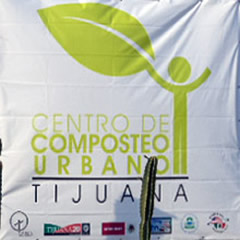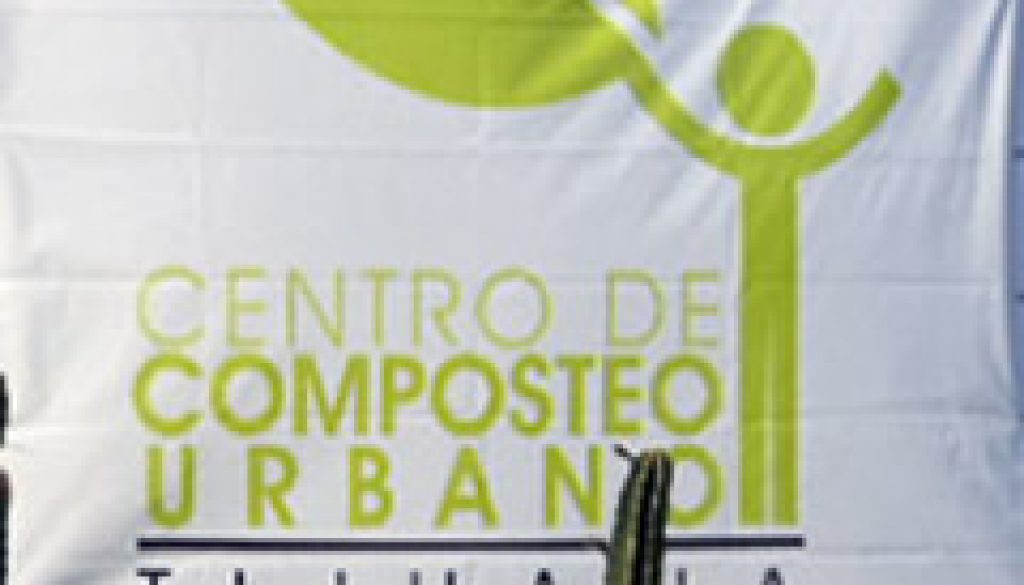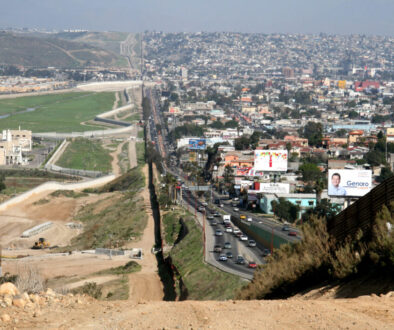The first Recycling Compost center in Tijuana
 By Adina Moloman
By Adina Moloman
Source: Waste& Recycling News, EPA
TIJUANA CALIDAD DE VIDA is a Mexican non-profit group that is leading a small pilot project of organic waste recycling in Tijuana. This project consists in creating landscape-grade compost from organic waste: discarded fruits, vegetables and yard waste supplied by the city.
There are other non-profit agencies in Tijuana involved in this project, the Tijuana Municipality, the private sector and also the U.S. Environmental Protection Agency (EPA) and the Border Environment Cooperation Commission (BECC) who made this innovative green center happen.
U.S. Environmental Protection Agency is supporting these projects with cross-border funding. So far this agency provided two grants: the first $73,000 grant was provided last year as seed money for the project and $20,000 will be soon provided under the new Border 2020 Program which will be used to increase municipal capacity and to raise community awareness on the benefits of composting. More specifically the money will be used for the development of a compost practices manual that will be distributed throughout the border region, a website with composting information resources, and composting workshops.
Bi-national policies and programs that support the sustainable development of environmental infrastructure in the border region are absolutely necessary.
This center will protect the San Diego-Tijuana watershed by recycling waste that would have otherwise gone in to landfills keeping the solution from working upstream into Tijuana.
The compost center will produce about 150 tons of compost in its first year.
The Tijuana Composting center is the first of its kind on the Mexican side of the border. Some San Diego composting facility personnel were brought in to help the new center with institutional composting practices and procedures. The Urban Composting Center has already trained more than 170 individuals from various public institutions and a Mexico Corporation (private sector) to educate the public on how composting is used to redirect food, landscape and other organics from dumps and landfills.





